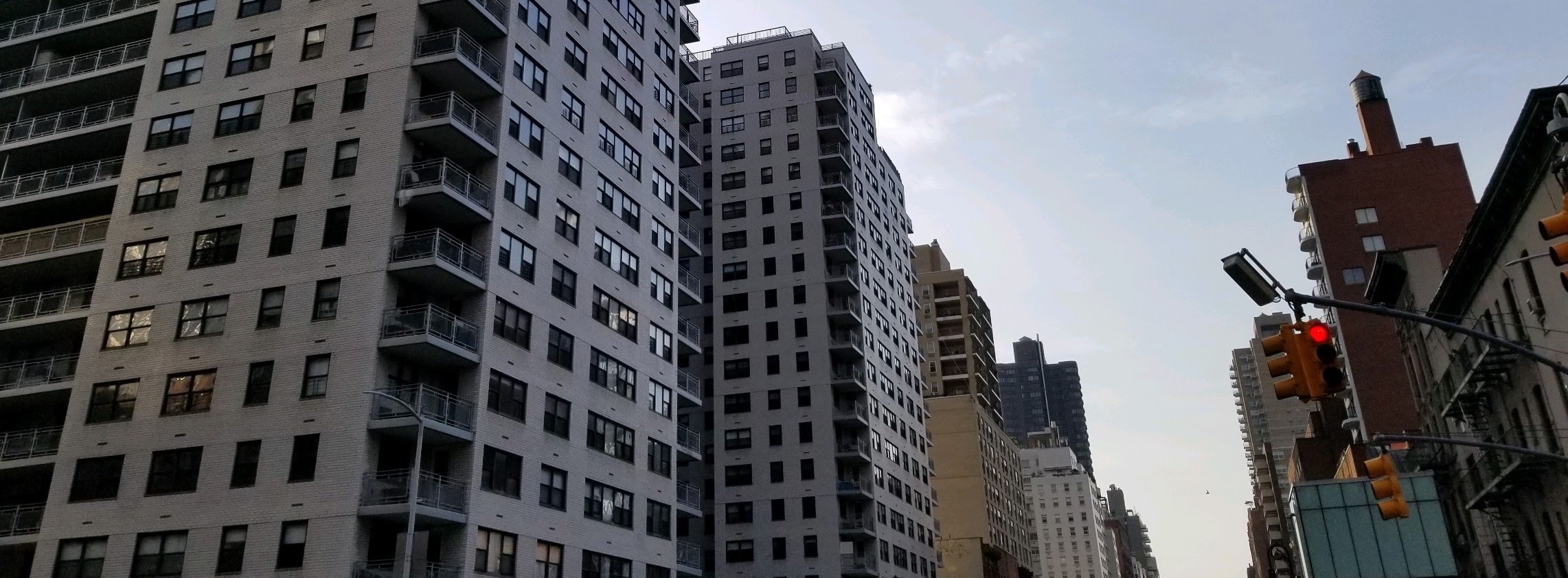9:00 - 5:00
Mon - Fri

The answer for many is never. A competent attorney representing Tenants in Housing Court may accomplish a lot without ever having to resort to bankruptcy. In most cases everything that needs to be resolved can be resolved, either through a negotiated settlement or through litigation, in the Housing Court. Most of my Housing Court clients never file Bankruptcy. In some cases, however, the Tenant needs the opportunity to reorganize his or her finances which requires the involvement of the Bankruptcy Court. The question then becomes one of timing and the 2005 bankruptcy reforms have affected that decision.
Prior to October of 2005 most residential Tenants chose to completely exhaust their remedies in the Housing Court before filing for Bankruptcy. They waited until after the trial, after the judgment, after the orders to show cause and until the eviction was imminent.
Chapter 13 is the primary Bankruptcy option for those who need to repay a large amount of arrears over time. You have to make current (post-petition) rent payments plus make payments into a Chapter 13 Plan. The arrears can be paid off through the Chapter 13 Plan. The Chapter 13 Plan can go as long as 60 months. There are a number of other requirements.
Chapter 11 is used mostly by business entities or by individuals with large and complex financial situations. Much more expensive than a Chapter 13, but it can be more flexible. Chapter 13 also has limits on the maximum amount of unsecured debt and the maximum amount of secured debt you can have to qualify. People coming in over the maximum are ineligible for Chapter 13 and thus should consider Chapter 11.
Chapter 7 is best considered by best considered by the Tenant in two situations. The Tenant may have a large amount of dischargeable debt, typically credit card debt. Some of these may have judgments and be garnishing the Tenant's wages. It may be the case that if the Tenant can stop these garnishments they may be able to pay the rent. Another situation where Chapter 7 may be useful is when the Tenant is leaving and wants a discharge of the rental arrears that have accrued prior.
Chapter 12 is for Family Farmers and has also been extended to Family Fishermen. It appears somewhat similar to Chapter 13. Practicing in the New York metropolitan area, I don't see Chapter 12 cases.
Chapter 15 is new, as of 2005. It is generally used by large foreign business entities who are filing bankruptcy in some other country and want the US Bankruptcy Courts to recognize the foreign proceeding as a Foreign Main Proceeding and co-operate with it.
Chapter 9 is for use by municipalities and municipal entities who file for bankruptcy.
Chapter 5 or more specifically subchapter 5 of Chapter 11 is a simplified version of Chapter 11 for use by small businesses.